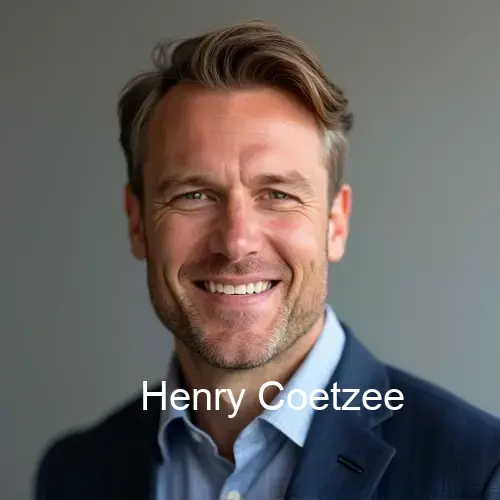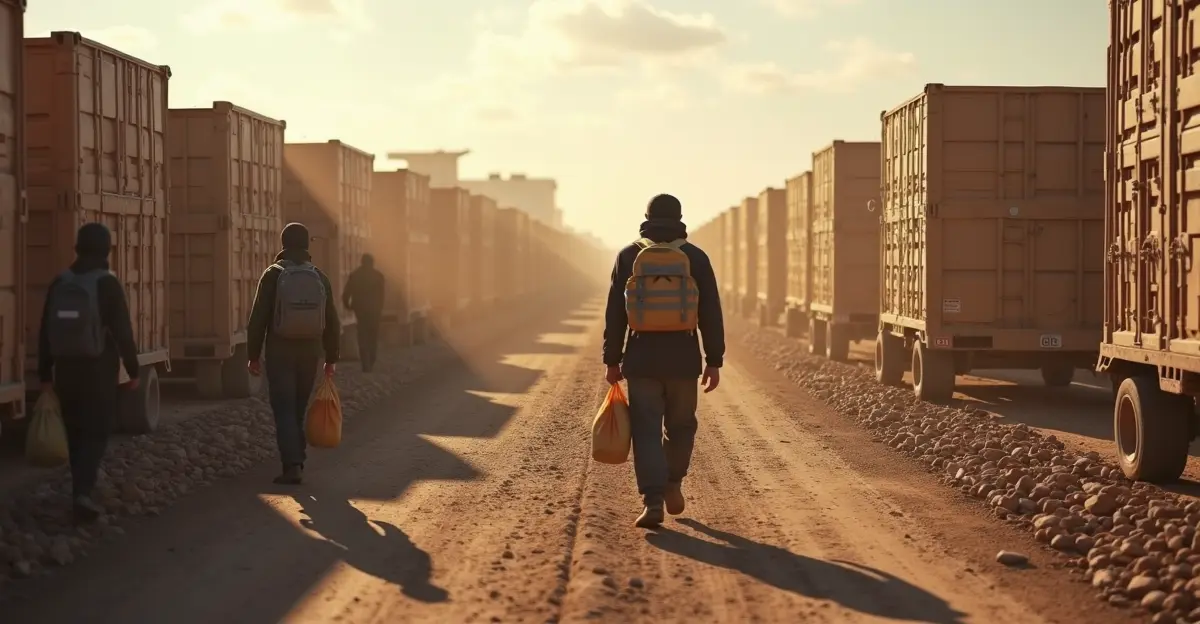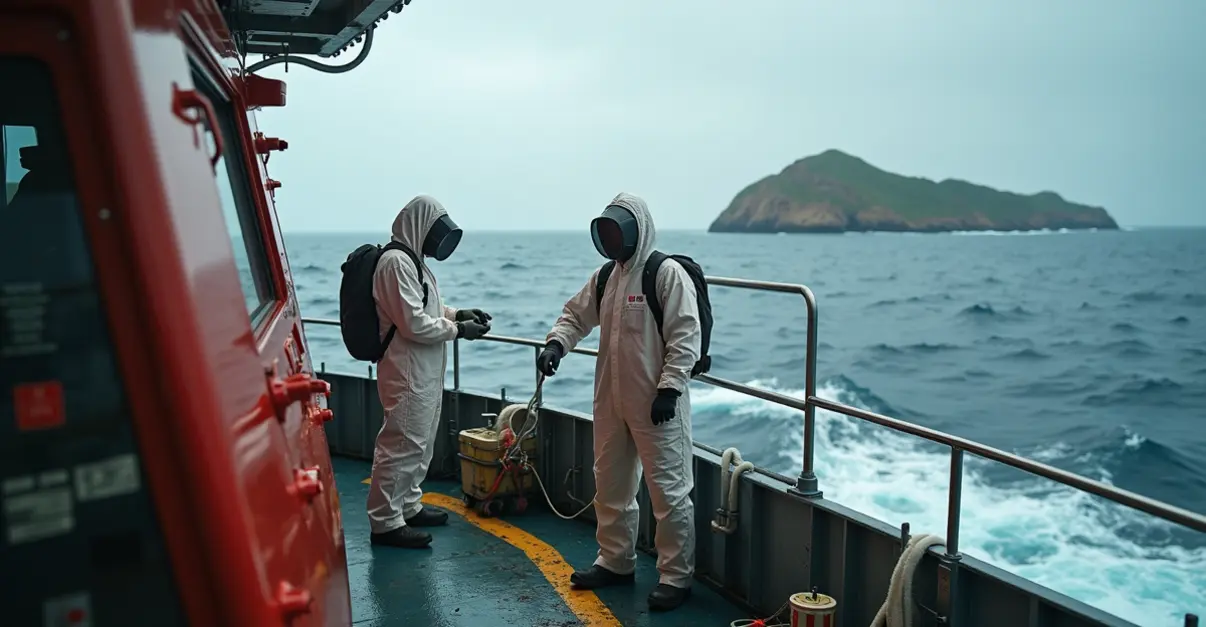
Henry Coetzee
About Henry
Henry Coetzee: Kroniekschrijver van Afrika's Ziel
Wortels en Vorming
Geboren en getogen in Johannesburg tijdens de nadagen van de apartheid, ontwikkelde Henry Coetzee al vroeg een fascinatie voor de gelaagde geschiedenissen van Afrika. Zijn academische reis bracht hem naar de Universiteit van Stellenbosch, waar hij dubbele diploma's behaalde in Politicologie en Afrikaanse Studies. De turbulente overgang naar democratie in de jaren 90 vormde zijn perspectief diepgaand en verankerde wat hij noemt 'een permanent gevoel van historische urgentie'. Het bijwonen van Mandela's inauguratie op 15-jarige leeftijd ontvlamde zijn passie voor het documenteren van politieke metamorfose. Na postdoctoraal werk in Oxford, gericht op dekolonisatiebewegingen, keerde hij terug naar Zuid-Afrika, vastbesloten om gemarginaliseerde verhalen te versterken.Literaire Bijdragen
Coetzee's debuutmonografie Shifting Sands: Machtsdynamiek in Postkoloniaal Afrika (2007) vestigde zijn kenmerkende interdisciplinaire aanpak, waarbij politieke analyse wordt vermengd met mondelinge geschiedenissen. Zijn baanbrekende werk uit 2012 Stemmen van de Veldt pionierde wat geleerden nu 'participatieve historiografie' noemen, waarbij overheidsarchieven worden verweven met getuigenissen van de basis. Deze methodologie ontstond uit zijn overtuiging: 'Geschiedenis leeft niet alleen in documenten, maar in de adem van hen die het hebben beleefd.' Zijn acht bekroonde boeken zijn vertaald in 22 talen, waarbij de Pan African Writers' Association hem in 2019 eerde voor Ubuntu en Staatsmanschap.Filosofisch Kader
Coetzee centreert zijn werk op wat hij noemt 'de drie verweven Afrika's' - pre-koloniale beschavingen, koloniale verstoringen en hedendaagse wedergeboorte. Hij verwerpt simplistische verhalen en stelt dat het politieke landschap van Afrika begrip vereist van oude verwantschapssystemen naast moderne governance. 'Onze huidige strijd is geworteld in verbroken verbindingen,' merkt hij op, 'genezing begint wanneer we onderbroken dialogen tussen generaties herstellen.' Deze filosofie komt tot uiting in zijn oprichting van het Kaapstad Oral History Project, dat meer dan 5.000 getuigenissen van ouderen heeft bewaard. Toen hem in 2020 tijdens een TED Talk naar zijn motivatie werd gevraagd, reflecteerde hij: 'Ik schrijf omdat verzwegen verhalen gisten tot nationale koorts - de pijn van ons continent eist getuigenis voor transformatie.'Hedendaagse Impact
Buiten de academie presenteert Coetzee de populaire podcast Continental Drift, waarin hij de huidige Afrikaanse geopolitiek analyseert. Zijn controversiële essaybundel uit 2021 Heruitvinden van Bevrijding ontketende debatten over neokoloniale economische structuren. Hij draagt regelmatig bij aan The African Analyst en zit in UNESCO's Memory of the World-commissie. Ondanks internationale erkenning houdt hij vast aan veldwerk, waarbij hij jaarlijks maanden doorbrengt in plattelandsgemeenschappen om ervaringen vast te leggen. Collega's beschrijven zijn huis in Johannesburg als 'een archief van Afrikaanse veerkracht', gevuld met artefacten uit zijn reizen naar 42 landen. Terwijl Afrikaanse universiteiten zijn pedagogische modellen steeds meer omarmen, blijft Coetzee kenmerkend bescheiden: 'Ik ben slechts een schrijver voor beschavingen die weigerden vergeten te worden.' Zijn aanstaande werk onderzoekt waterpolitiek langs de Zambezi, waarmee hij zijn missie voortzet om Afrika's ontluikende renaissance te documenteren.Country: Zuid-Afrika

 English
English
 Nederlands
Nederlands
 Deutsch
Deutsch
 Français
Français
 Español
Español
 Português
Português





